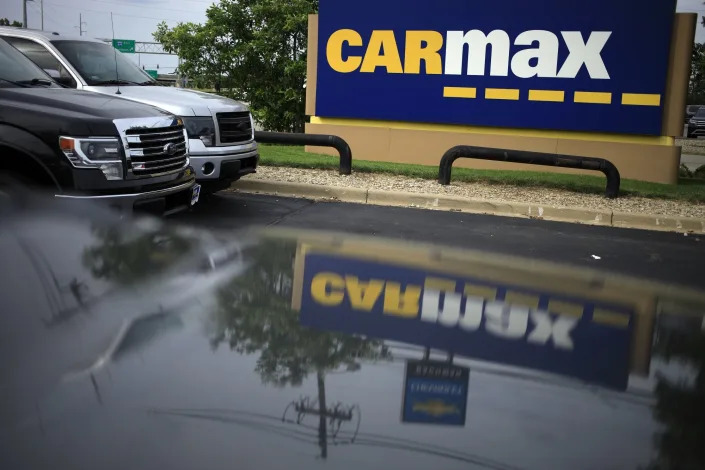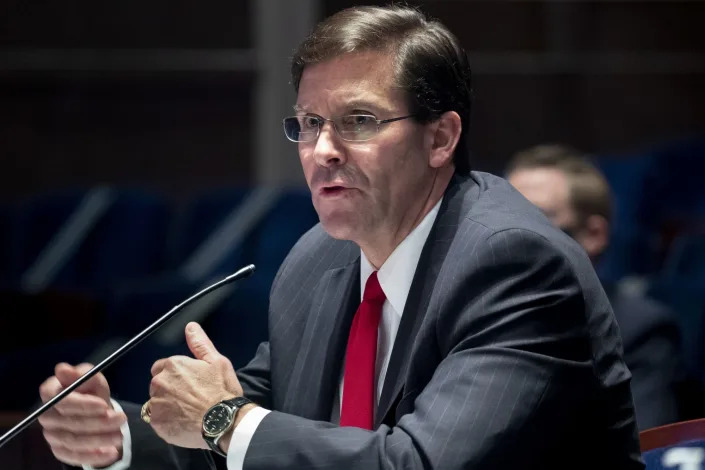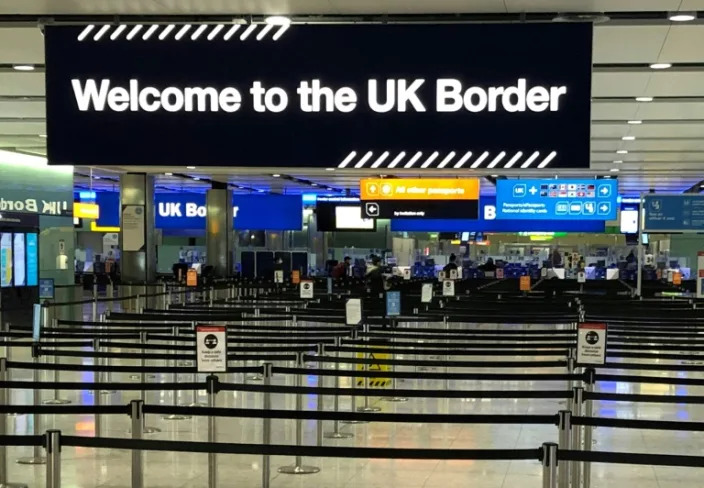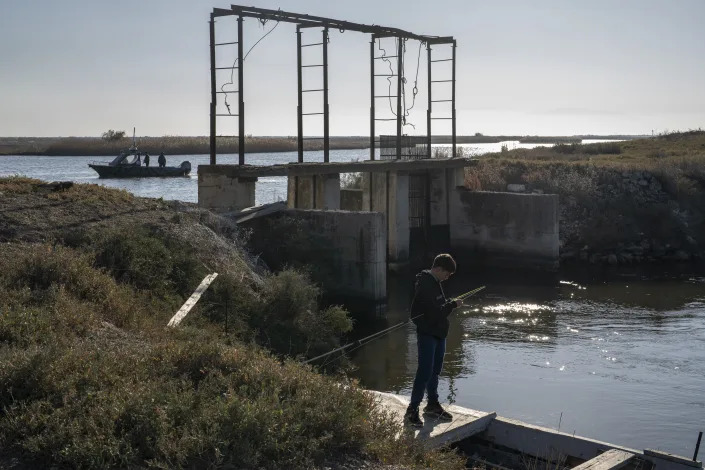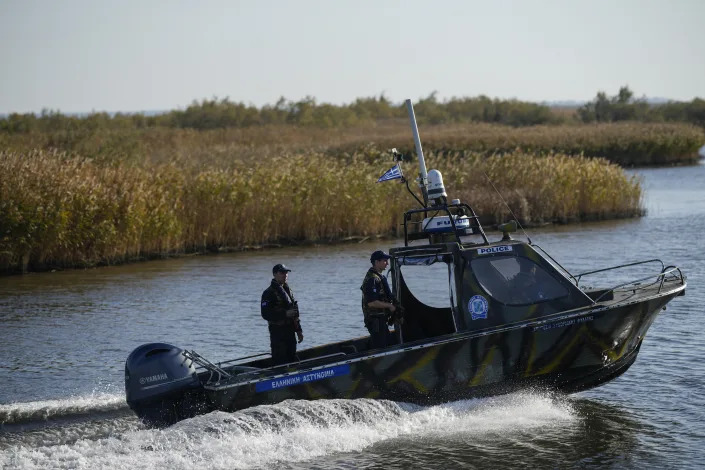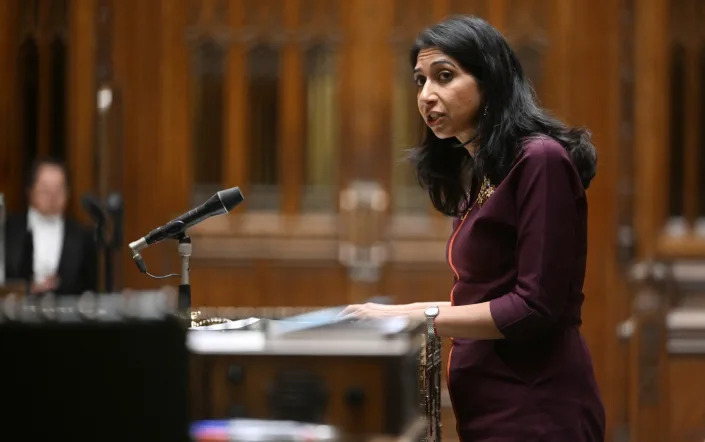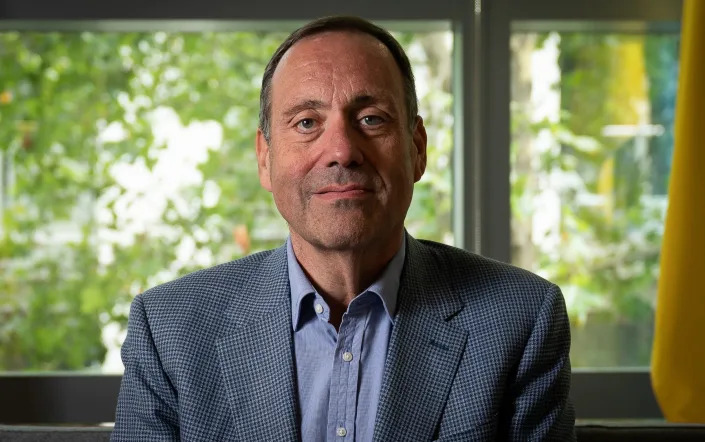Robocall company may receive the largest FCC fine ever
'The largest robocall operation' ever faces a $300 million penalty.

Steve Dent
·Reporter
Thu, December 22, 2022
The FCC has proposed a $299,997,000 fine against "the largest robocall firm" it has ever investigated, the regulator announced. It would be the FCC's largest fine ever, and targets a firm that made over 5 billion calls in three months, enough "to have called each person in the United States 15 times," it wrote.
The operation is run by Roy Cox, Jr. and Michael Aaron Jones via their Sumco Panama company, along with other domestic and foreign entities. In July of this year, the FCC issued its first ever "K4 Notice" and "N2 Order" directing all US telephone providers to stop carrying traffic related to the car warranty scam calls. "This resulted in a massive, 99 percent drop in the volume of such calls since June, according to [spam blocking app] RoboKiller," the FCC wrote.
The FCC proposed its largest-ever fine because it found the robocallers met the criteria for "egregious violations." Consumers described the calls as "incessant" and "harassment," and the robocallers used dirty practices like calling health care workers from spoofed hospital numbers. The firm also violated multiple FCC rules, like failing to identify the caller at the start of a message.
In the calls, a message would open with something like "we've been trying to reach you concerning your car's extended warranty," and prompt you to speak to a scam "warranty specialist." Robokiller advises users to avoid the calls in the first place if possible, not follow prompts, and above all, never provide personal information like banking details.
'The largest robocall operation' ever faces a $300 million penalty.
Steve Dent
·Reporter
Thu, December 22, 2022
The FCC has proposed a $299,997,000 fine against "the largest robocall firm" it has ever investigated, the regulator announced. It would be the FCC's largest fine ever, and targets a firm that made over 5 billion calls in three months, enough "to have called each person in the United States 15 times," it wrote.
The operation is run by Roy Cox, Jr. and Michael Aaron Jones via their Sumco Panama company, along with other domestic and foreign entities. In July of this year, the FCC issued its first ever "K4 Notice" and "N2 Order" directing all US telephone providers to stop carrying traffic related to the car warranty scam calls. "This resulted in a massive, 99 percent drop in the volume of such calls since June, according to [spam blocking app] RoboKiller," the FCC wrote.
The FCC proposed its largest-ever fine because it found the robocallers met the criteria for "egregious violations." Consumers described the calls as "incessant" and "harassment," and the robocallers used dirty practices like calling health care workers from spoofed hospital numbers. The firm also violated multiple FCC rules, like failing to identify the caller at the start of a message.
In the calls, a message would open with something like "we've been trying to reach you concerning your car's extended warranty," and prompt you to speak to a scam "warranty specialist." Robokiller advises users to avoid the calls in the first place if possible, not follow prompts, and above all, never provide personal information like banking details.

Zach Schonfeld
Thu, December 22, 2022
The Federal Communications Commission (FCC) on Wednesday proposed a record-breaking fine of nearly $300 million for an alleged robocall scheme that involved billions of calls about auto warranties.
The agency said its proposed $299.997 million fine follows the largest robocall operation the FCC has ever investigated, alleging Roy Cox Jr., and Michael Aaron Jones made more than 5 billion robocalls designed to sell vehicle service contracts deceptively marketed as car warranties.
“Maybe it happened to you this last year,” FCC Chairwoman Jessica Rosenworcel said in a statement. “You picked up the phone and someone you don’t know, who you didn’t ask to call, tells you they have been trying to reach you about your car’s extended warranty. It’s a scam.”
The commission claimed the two individuals, through their Sumco Panama company, violated federal anti-robocalling and spoofing laws.
The pair allegedly began making the calls as early as 2018, placing 5.19 billion calls to 550 million phone numbers between January 2021 and March 2021.
The individuals allegedly spoofed the phone numbers of hospitals for some of the calls, which were placed during the pandemic, leading confused people to call the hospitals to complain. Other alleged calls originated from foreign entities but were spoofed to make the caller ID appear local to the U.S.
“The calls then misrepresented the product or service being offered and made false or misleading statements to induce call recipients to purchase goods or services,” the FCC said.
Cox and Jones could not be reached for comment.
The FCC said it took initial action against the operation in July by directing U.S.-based voice service providers to stop carrying traffic related to the auto warranty scam calls, an action the agency said led to a massive drop in volume.
“We will be relentless in pursing the groups behind these schemes by limiting their access to U.S. communications networks and holding them to account for their conduct,” FCC Enforcement Bureau Chief Loyaan Egal said in a statement.
U.S. FCC proposes record $300 million fine for 'auto warranty' robocalls

Wed, December 21, 2022
By David Shepardson
WASHINGTON (Reuters) - The U.S. Federal Communications Commission (FCC) on Wednesday proposed a $300 million fine against an auto warranty robocall campaign, the largest-ever penalty proposed by the agency over unwanted calls.
The FCC said that in the scheme run by two California men, Roy Cox, Jr. and Michael Aaron Jones via their Sumco Panama company and other entities, more than 5 billion apparently illegal robocalls were made to more than half a billion phone numbers during a three-month span in 2021 "using pre-recorded voice calls to press consumers to speak to a 'warranty specialist' about extending or reinstating their car’s warranty."
A lawyer for Cox did not immediately comment. A lawyer for Jones could not immediately be identified.
"We will be relentless in pursing the groups behind these schemes by limiting their access to U.S. communications networks and holding them to account for their conduct," said FCC Enforcement Bureau Chief Loyaan A. Egal.
It was the latest government action targeting the robocall operation.
In July, Ohio Attorney General Dave Yost sued Cox and Jones and others alleging they orchestrated an "unlawful and complex robocall scheme, at times besieging consumers with more than 77 million robocalls a day to generate sales leads" -- often for fraudulent auto warranty extensions. Cox denied the allegations in a court filing.
The FCC noted that under a Federal Trade Commission (FTC) actions both Jones and Cox are prohibited from making telemarketing calls.
In 2017, a U.S. judge in California approved default judgments against Jones and nine companies the FTC charged with "running an operation that blasted consumers with billions of illegal telemarketing robocalls."
The court permanently banned Jones and the companies from all telemarketing activities and imposed a $2.7 million penalty.
(Reporting by David Shepardson; Editing by Mark Porter and David Gregorio)
